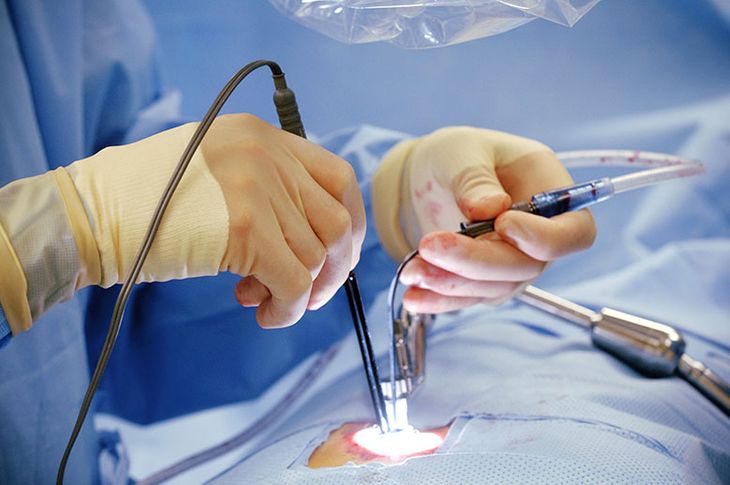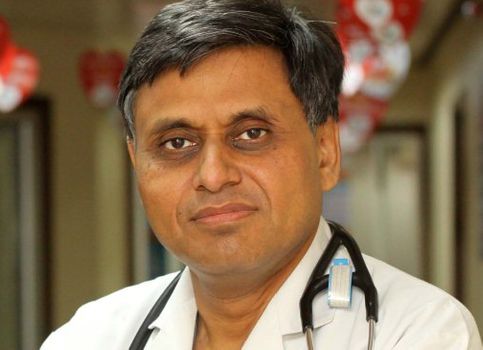Minimally Invasive Surgery

Learn about Interventional Cardiology and Minimally-invasive Surgery
Interventional cardiology is a branch of cardiology that uses catheter-based treatment for a variety of structural heart diseases. The types of treatment procedures used by an interventional cardiologist prove elementary in minimizing the risk involved in heart surgery. This is done by reducing the invasiveness of heart surgery performed on the patient.
The extent of the invasion in the patient, being treated by an interventional cardiologist, is reduced by employing catheters; this helps in fixing a wide range of heart-related problems in patients that have stopped responding to medications or alternative treatment procedures.
The Initial Steps
Individuals diagnosed with heart issues, no matter how severe they are, are put on medications first. The operating doctor will recommend patients to make some lifestyle changes, in addition to medications. Among these medications, blood thinners, beta blockers are quite common. Not to mention, medications to lower the blood pressure and cholesterol levels in the patient. As long as the patient follows a strict healthcare regime, these medications can be used for years. However, in a few cases, the intake of these medications may put the patient at risk, while in some cases, it may stop working in entirety. In such situation, the cardiologist considers the option of treating heart disorders using minimally invasive procedures.
Interventional Heart Surgeries
An interventional cardiologist, often considered the middle ground between a cardiologist and a heart surgeon, specializes in several different surgeries, that may include, angioplasties, valvuloplasties, congenital heart defect corrections and coronary thrombectomies.
Angioplasties: Angioplasties, regarded as one of the most common procedures performed by an interventional cardiologist is considered useful in treating patients with coronary artery disease. The cardiologist inserts a catheter (with a balloon attached at its end) into the patient's vein to reach the blockage. Then, he or she will expand the balloon and remove the blockage.
Valvuloplasty: Though a Valvuloplasty is similar to an angioplasty, there are differences too. instead of using a balloon to enlarge the arteries, the balloon is employed for widening the valve. Aortic and Mitral valvuloplasties are two of the most common types of valvuloplasties preferred by the interventional cardiologists.
Congenital heart defect correction: People born with congenital heart defects need to undergo a Congenital heart defect correction procedure, wherein, the interventional cardiologist uses a catheter-based approach to enhance the blood flow in the heart.
Coronary thrombectomies: It is performed when there is a blood clot in the patient's heart. Coronary thrombectomies are executed as a last resort when all the other procedures or measures have failed to deliver results.
Interventional heart surgeries Over Bypass
Though the aforementioned methods are regarded as safer than surgical inventions, improved technology, an advanced set of equipment and professional expertise have made bypass heart surgery a reliable and result-oriented option for a majority of patients with heart disorders these days.
Reduced recovery period, minimized the risk of infections, decreased hospital stay etc. are some of the reasons why patients are opting for undergoing a bypass heart surgery in India.
Consult a reliable cardiologist now!





